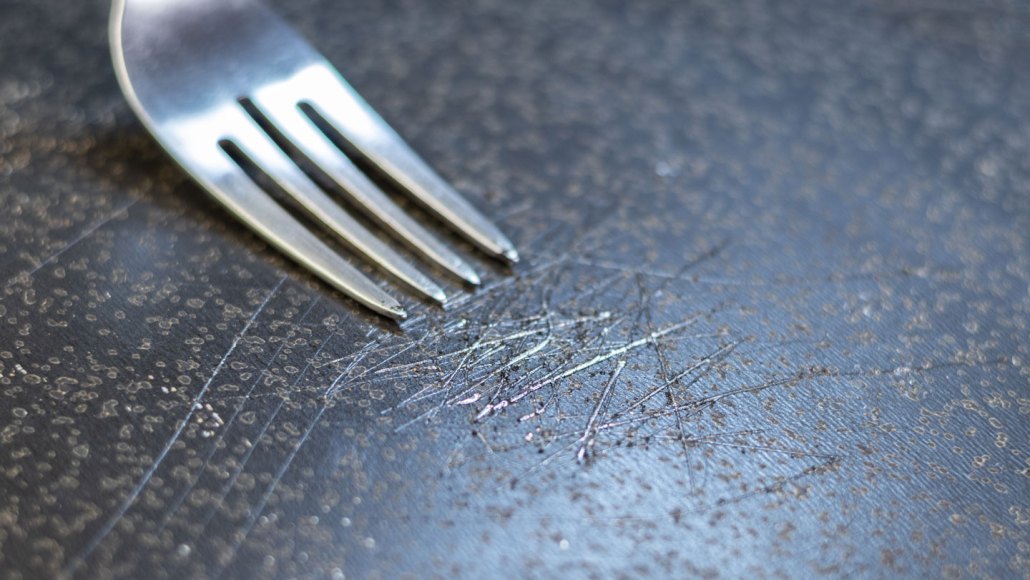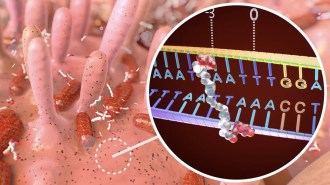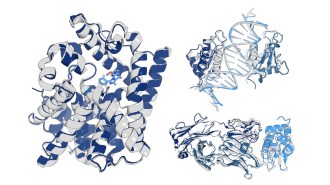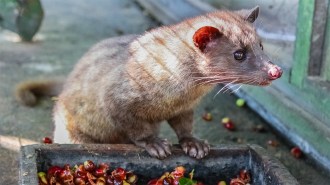
Some human gut microbes can absorb PFAS, toxic “forever chemicals” that are found in common waterproof or stain-resistant household items including nonstick cookware. Understanding how bacteria soak up PFAS could help researchers develop ways to flush the chemicals out of the body.
Vadym Plysiuk/Getty Images






